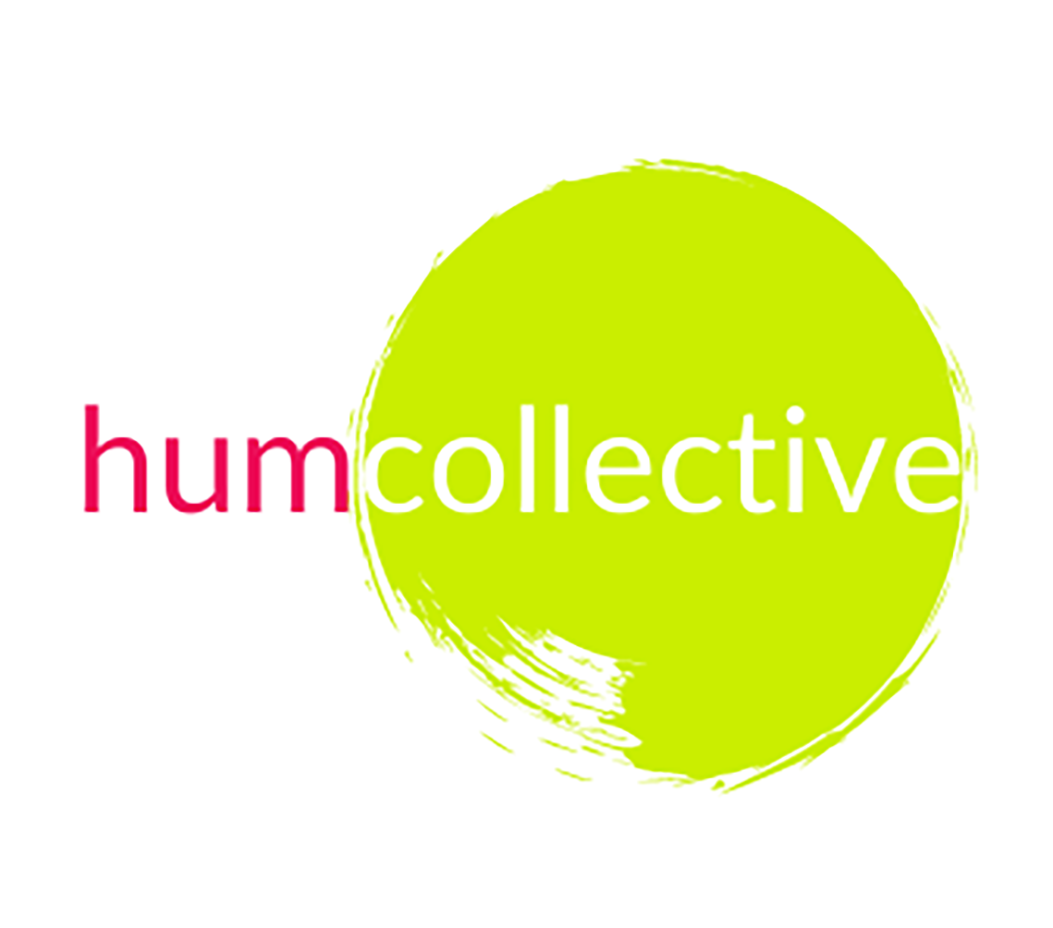The Best Books I Read This Year - 2024
10 Titles That Challenged and Changed My Thinking
As another year comes to a close, I’ve been reflecting on the books that shaped my 2024. Each one offered something unique—a new perspective, guidance through challenges, or inspiration for the future. Books have a way of finding us when we need them most. These found me at the right time, and I hope one might do the same for you.
Best Read of the Year
Mind Magic by James Doty
This was my favorite book of the year and one I find myself going back to time and again. Doty’s book is a compelling exploration of how neuroscience and mindfulness can help us shape our reality. He explains the science behind how thoughts and emotions influence the brain, offering practical tools to foster positivity and resilience. Doty also emphasizes the power of manifestation, demonstrating how visualization and intentional focus can transform our lives. Grounded in science, this book serves as a guide for aligning the mind and heart to create meaningful change.
On Leadership and Growth
The Enneagram of Emotional Intelligence by Scott Allender
This book demonstrates how understanding Enneagram personality types can provide a practical framework for fostering empathy and strengthening relationships. By identifying the emotional triggers and core motivations unique to each type, Allender offers tools to enhance communication and navigate conflict with greater awareness. His insights into how personality differences shape leadership and team dynamics make this a valuable resource for cultivating mutual understanding.
Likeable Badass by Alison R. Fragale
Fragale’s candid approach to leadership, especially for women, stands out. She addresses the likeability trap and offers strategies like using humor and curiosity to soften directness while maintaining authenticity. She also tackles the double bind, showing how women can balance warmth and authority to lead confidently and effectively.
Reunion by Jerry Colonna
Colonna provides a transformative guide to vulnerability and authenticity in leadership. His question, “What am I unwilling to feel?” prompts readers to uncover hidden emotions that may block authentic connection and growth. Through personal stories and coaching insights, Colonna demonstrates how embracing vulnerability can become a leadership strength.
Society, Systems, and Change
Technofeudalism: What Killed Capitalism? by Yanis Varoufakis
Varoufakis argues that tech monopolies have replaced traditional capitalist markets with centralized control. His analysis of companies like Amazon and Google offers a critical perspective on how power is wielded in the digital age. The book also calls for advocating decentralized technologies and collective action to restore autonomy and equity.
Emotional Labor by Rose Hackman
Hackman’s exploration of the invisible work sustaining our world, especially care work, is both poignant and thought-provoking. She highlights how this labor often falls disproportionately on women—not just in caregiving roles but also in the emotional and invisible work required to sustain marriages, households, and relationships. The book challenges readers to push for systemic change that elevates this essential, often-overlooked work.
The Fourth Turning Is Here by Neil Howe
Howe explores the cyclical nature of history, identifying generational archetypes like “Prophets” and “Heroes” and their roles during pivotal societal shifts. Prophets, such as Baby Boomers, are values-driven leaders who emerge from periods of growth and renewal, while Heroes, like Millennials, are collective-minded problem-solvers shaped by times of crisis. Howe’s detailed analysis ties these archetypes to recurring societal patterns, offering a lens to understand the challenges of our current era and how different generations contribute to shaping the future.
The Inner Journey
Shy by Design by Michael Thompson
Thompson reframes shyness as a strength, emphasizing its potential in leadership and personal growth. Through reflective case studies, the book highlights how observation and thoughtful decision-making create impactful outcomes. Thompson’s approach highlights how moments of hesitation can be reframed as opportunities for careful reflection and purposeful decision-making.
Finding Meaning in the Second Half of Life by James Hollis
Hollis provides a roadmap for navigating life’s transitions with grace and purpose. One of the book’s most impactful tools is the shadow autobiography, an exercise in uncovering the hidden, unresolved parts of our past that continue to shape our present. By reflecting on significant memories, patterns, and unmet desires, we can confront unresolved conflicts and gain clarity about our choices and values. Hollis’s work is a reminder that meaning is something we uncover, not achieve.
Languishing by Corey Keyes
Keyes sheds light on "languishing," the overlooked middle ground between mental health and mental illness, marked by stagnation and lack of fulfillment. This book not only names the experience but also offers practical tools to move toward flourishing. Through strategies like cultivating gratitude, engaging in flow activities, and fostering meaningful connections, Keyes provides a roadmap to reclaiming joy. This book is essential for understanding and addressing the quiet struggles we face in modern life.
